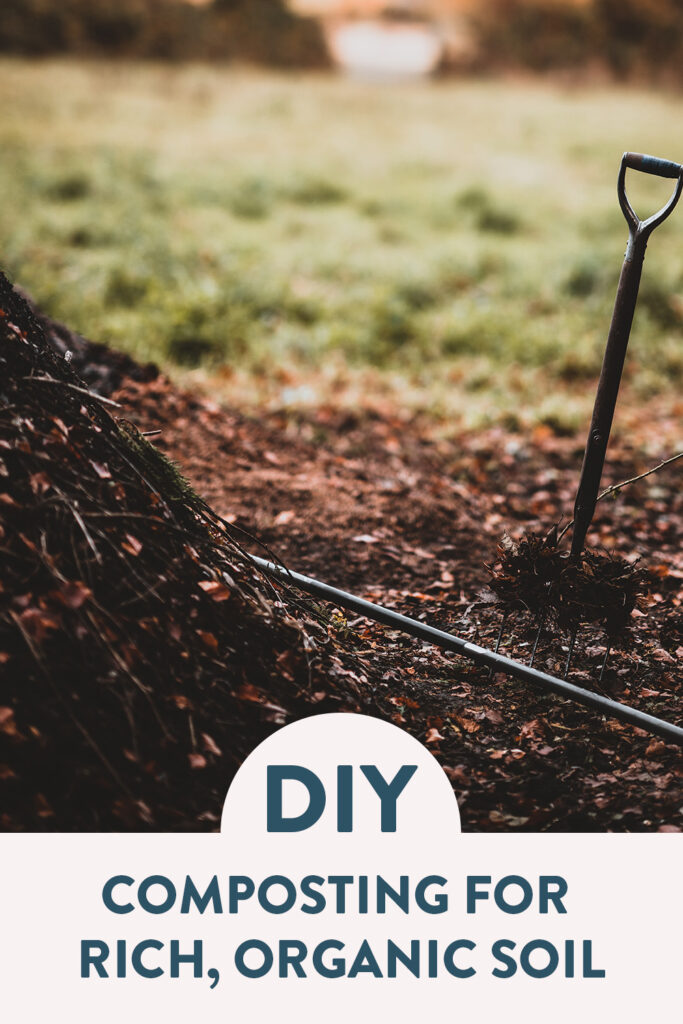
Composting can be surprisingly simple and suits everyone – from those with sprawling farms to city apartment residents. Imagine converting scraps into thriving garden nutrients!
A colleague recently set up a small-scale composting operation recycling restaurant leftovers into compost, preventing over 100 tons of waste from reaching landfills. Isn’t that compelling enough to give composting a try?
Composting cuts down organic waste in landfills and curbs associated environmental woes. Here are some composting methods, along with their advantages and disadvantages, to help you find the perfect fit for your needs!
1. Creating a Compost Heap
One of the simplest ways to compost is making a heap in your yard, ideally occupying about 25 square feet. Kickstart by laying down a mix of ‘brown’ organic matter, such as dried leaves and twigs, followed by ‘green’ kitchen leftovers like veggie peels and fruit scraps, then a layer of soil on top.
Create multiple layers until it reaches 4 to 5 feet, keep it damp, and turn it often with a pitchfork. Regular turning early on encourages decomposition, and within 3-4 months, your compost should be garden-ready. Accelerate the process with a commercial compost starter if desired.
Benefits of a Compost Heap
- Affordable: Heap composting is cost-effective, often requiring no special tools or containers.
- Spacious: You can adjust the size of your compost heap to your needs, suitable for large quantities of organic waste.
- Low-Effort Setup: All it takes is a spare corner in your outdoor area to start.
- Rich-Resulting Compost: A well-tended heap yields compost rich in nutrients, enhancing soil health.
- Eco-Friendly: It’s a truly green recycling process, utilizing natural decomposition.
- Reduces Nuisance: When correctly done, a compost heap should not smell unpleasant.
Drawbacks of a Compost Heap
- Longer Duration: It takes a good while for compost to mature using this method.
- Space Requirement: You’ll need a chunk of outdoor area dedicated to the task.
- Visual Impact: Not everyone loves the sight of decomposing organic material in their yard.
- Material Limitations: It’s best to avoid adding meat, dairy, or bulky branches to your heap.
- Possible Pest Issue: You must manage your heap well to avoid attracting rodents and insects.
- Physical Work Necessary: Regular maintenance calls for some elbow grease.
2. Bin Composting Strategy
Also known as the low-effort composting, this method employs a triple-bin system. As the first bin fills up, you move on to the next. Though it requires less tending, this method’s decomposition may take up to three years..